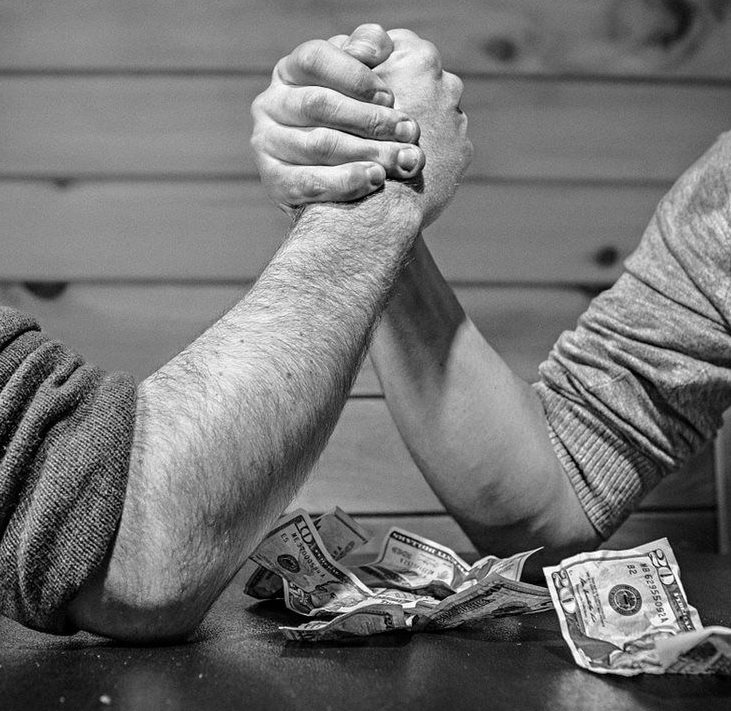
Subscribe & Follow
Jobs
- Business Development Representative Durbanville
- Senior Business Intelligence Developer West Rand
- Business Development Specialist Johannesburg North
Winner takes all

Missing middle
The global middle class is already fragile. Now, a deep economic shock is likely to see the survival of the fittest. The result - the rich get richer, the poor get poorer, as only the biggest, most well-funded businesses and the richest most comfortable households have the cash reserves and savings to survive the coming months.
Despite all the government and central bank bailout and government assistance packages in the pipeline right now, there are still several significant economic gaps that remain unaddressed.
The so-called “missing middle” is particularly badly affected. A large percentage of the middle class made up of freelancers, non-essential gig workers and SMEs working in real-economy industries and activities that can’t just simply “go online”.
This segment of our economy is not nearly covered by government-sponsored payroll income gap cover, employer insurance packages, or UIF-type programmes, and are too small (or too informal) to qualify for big bailout money (or indeed emergency credit lines).
It is individuals and organisations who fall into this gap, who suddenly find themselves without income or cash reserves.
Save the SMEs
The effect the Covid crisis will have on SME’s in South Africa is particularly concerning. Not only are SME’s more vulnerable to economic shocks from a supply chain perspective, they also have shorter cash runways and less easy access to credit and capital than larger businesses.
Furthermore, SME’s have been held up as South Africa’s best hope to turn the country’s devastating unemployment rate around. In South Africa it is estimated SME’s make up 90% of formally registered businesses, employ 60% of the labour force and contribute roughly 34% of GDP (fin24.com).
The aid packages announced by the South African government and supported by private sector donors, will in no way be sufficient to save all the country’s SMEs. Only the fittest few are likely to survive.
Furthermore, even the businesses that do survive the immediate economic shutdown period have to expect a long, slow recovery period ahead after lockdown lifts, with lower profits and fewer cash-flush customers in a generally economically depressed environment.
If SME’s fail, South Africa’s UIF fund could be overwhelmed and millions of vulnerable South Africans could find themselves pushed back into poverty and unemployment.
Not only that, the more SME’s fail, the more bigger businesses win, in that the bigger survivors are able to take back market share and customers from their smaller competitors, further enhancing the effect of vicious (for the smaller, poorer and weaker) and virtuous (for the bigger, richer, stronger) circles.
The great separation
In short, Covid-19 is deepening the divide between rich and poor, both in terms of countries and economies, and within national populations. The poorest individuals and smallest businesses have the least resources to cushion themselves against the huge economic shock, and they are the most likely to lose their jobs and income.
All this adds fuel to already-simmering tensions around growing intra-country and international global inequality.
As Dion Chang writes, perhaps the best name for this period in time should be the Great Separation.
Related
How entrepreneurs can cut costs without compromising quality 21 Feb 2025 Woolworths boosts small business support by 42%, injecting R4bn into SA's economy 5 Dec 2024 A missing link in your side hustle's path to growth 10 Jul 2024 Small businesses can help South Africa fight unemployment if they get proper support – study 22 May 2024 The most common reason for small business failure in SA 9 May 2024 6 tips to help scale up your small business 29 Apr 2024









